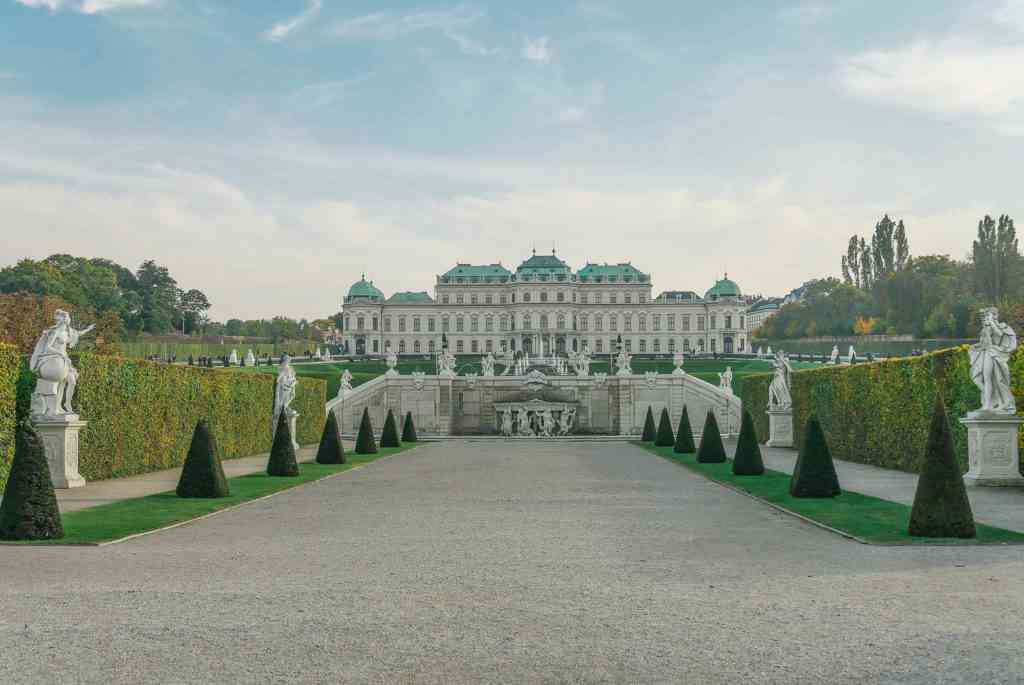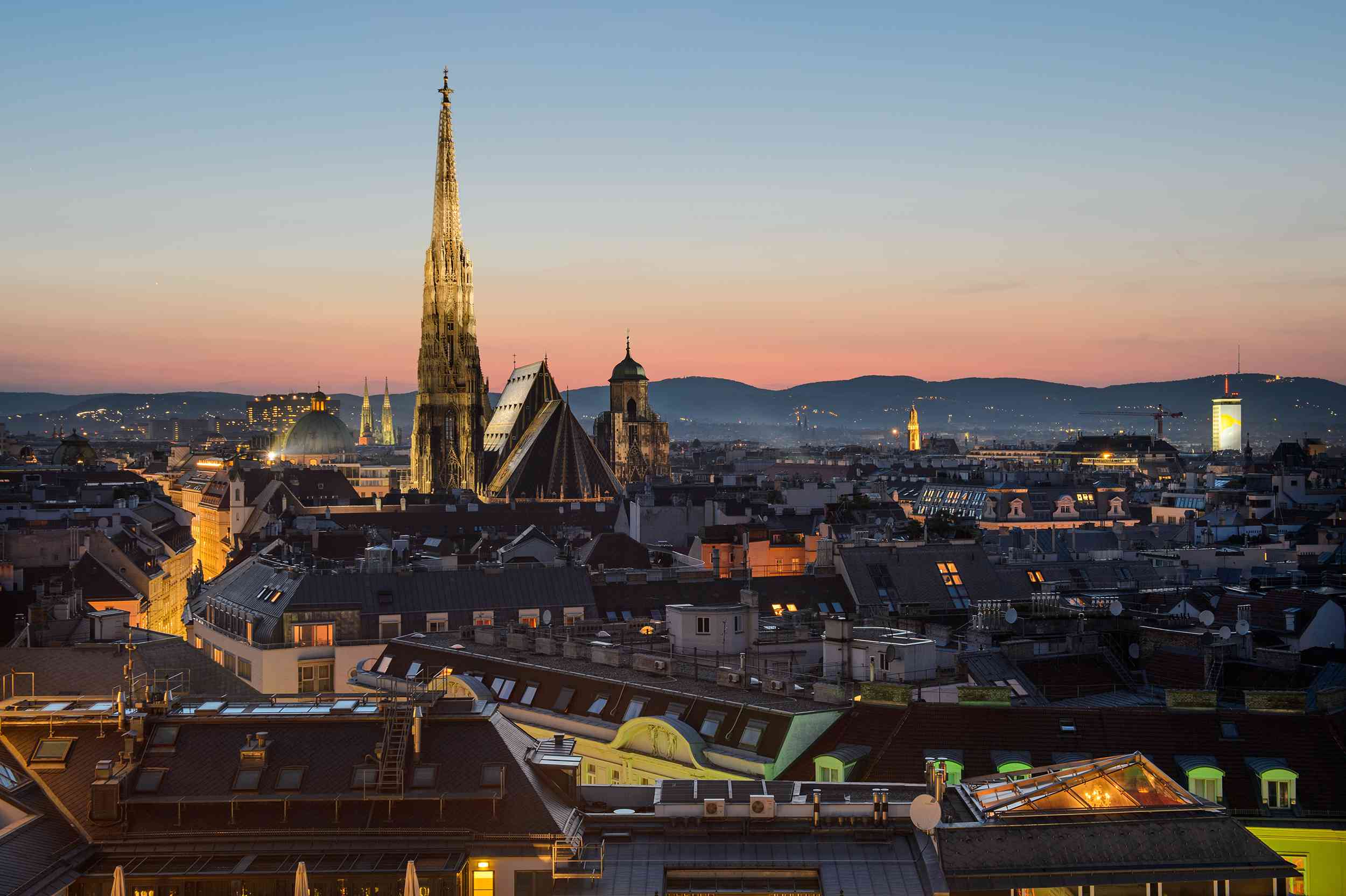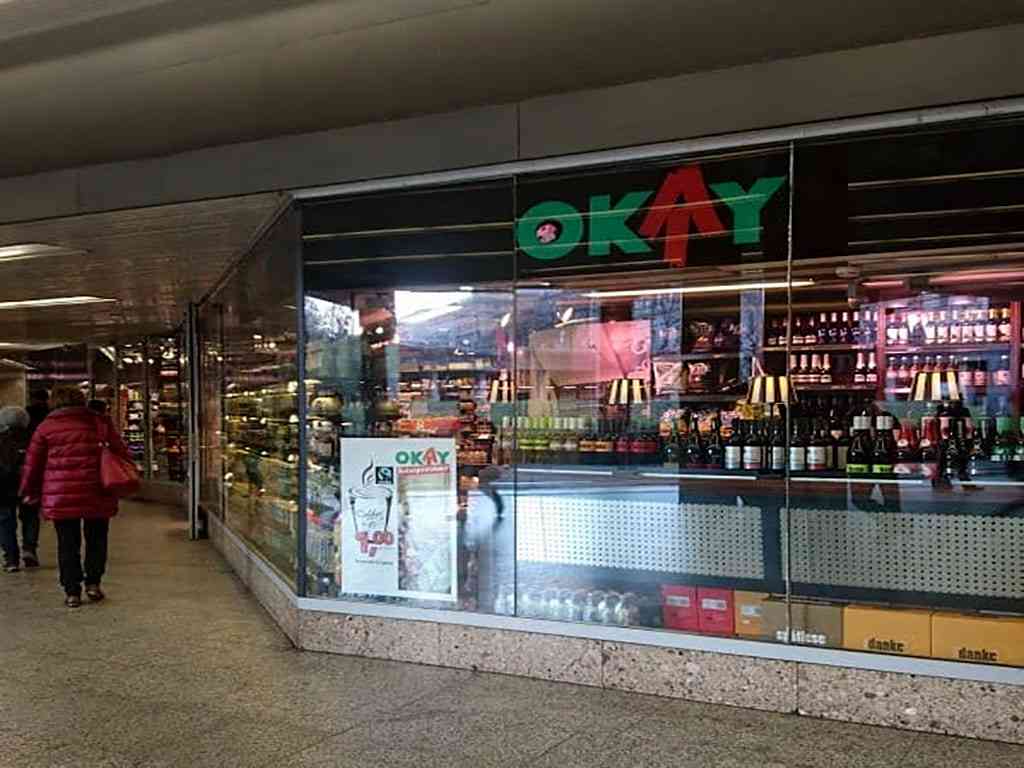Table of Contents
Can You Drink Tap Water in Vienna?
Yes, tap water is drinkable.
Tap Safe includes data from many publicly available sources, including the WHO (World Health Organization), CDC (Center for Disease Control), and user submitted databases, but unfortunately there's not enough data about Vienna.
To see user submitted ratings of the water quality for Austria, see the "User Submitted Ratings" box on this page.
It is safe to drink tap water in Vienna, Austria. The tap water quality in Vienna exceeds the federal health-based drinking water standards. Vienna’s water runs from the mountain springs in the Styrian/Lower Austrian Alps and reaches the Austrian capital city 36 hours later, without pumps and under the strictest regulations.

In some parts, you may see warnings that the water is undrinkable (“Kein Trinkwasser”), or signs with a crossed-out glass of water. It is important to always take note of these signs!
When exploring the city, you may find drinking fountains that are labeled with “Trinkwasser” (drinking water). The municipality has about 1000 drinking fountains that can be found everywhere, like in parks and in markets.
Source of Water in Vienna, Austria
Vienna’s tap water originates in the Lower Austrian-Styrian Alps. The First Vienna Spring Water main is supplied by the mountains Schneeberg, Rax, and Schneealpe. The second spring water main is supplied by the Hochschwab Massif. Something close to a full circle was built by tapping the Pfannbauern Spring located in the eastern foothills of the Hochschwab Massif and feeding it into the First Vienna Spring Water Main. The two spring zones cover 675 square kilometers.
Vienna sees itself in the unusual situation of covering almost all its drinking water needs from mountain springs and only obtaining a small portion from groundwater. As a result, Vienna uses groundwater only when the Spring Water Central requires repairs due to severe pipeline damage, or if there is remarkably high water consumption during hot spells.
Vienna Tap Water
Vienna, the capital of Austria, has a rich history and is one of the world’s most beautiful cities. The city was founded around the 1000s A.D. and is one of the most preserved cities globally due to its constant trading with neighboring countries. Most people visiting Vienna are amazed by the city’s beauty that they can not resist staying for a couple of days and exploring all the magnificent sites that the city has to offer. However, when you visit Vienna, you need to take care of some essential basics that will help you enjoy your trip to the fullest.
The first thing you should do when planning your vacation is to get yourself familiar with the city’s water system and get the best possible water supply. It is recommended that you collect rainwater collecting cans from the local station to use them during the time of the bad weather. In addition to that, you should also have your water filter to drink pure and clean water in case you have children around you. This will also save you a lot of trouble and money if you end up suffering an illness in the water from bacteria or viruses.
Suppose you are not aware of the availability of water at the different stations. In that case, you should inquire with the station managers to get information about the water supply in the city. You should ensure that you get the best water possible because Vienna is famous for its excellent water. If you stay in a hotel in Vienna, you should make sure that you get the water taps with filters attached to them from the reception. You should also follow the hygiene measures that are necessary to prevent the spread of diseases like hepatitis.
Vienna Drinking Water
The capital of Austria, Vienna, is a beautiful place to visit and discover its beauty. This beautiful city is famous for its spectacular architecture and beautiful historic buildings. Many people travel to Vienna to soak up some of the histories that this beautiful city offers. They enjoy all of the magnificent city’s sights and sounds while drinking pure, clean drinking water.
One way to ensure that your drinking water is safe in Vienna is to install a filtration system. With the help of professional German companies, you will be able to find the right equipment to clean your drinking water. These German companies know precisely what they are doing when it comes to filtration systems, and most people trust them to provide the best quality for their money. These filters use different methods to remove all of the harmful chemicals and microorganisms found in your typical drinking water. These systems can be found for as little as $1000, so you don’t have to spend too much money on a solution for protecting yourself and your family from harmful exposure.
If you want to know more about the drinking water available in Vienna, there is plenty of information online to help you make the right decision. You can also ask the Vienna State opera’s tourism office about the best times to drink in Vienna. Besides, you can ask any of the locals you run into about where to find the best drinking water. There are many excellent drinking water locations worldwide, and you must take the time to find out how good the drinking water is where you live before you go somewhere.
Vienna Spring Water
Vienna spring water is considered one of the best globally, and there’s a good reason why. Not only does it taste fresh from the tap, but it has also been carefully grown in an area where the water is known to be clean and pure. The entire process from picking to bottling, shipment, and storage has been carefully controlled. If you drink this water directly from the tap, you won’t even know it’s clean. This is because it has no treatment: the water is purified using a reverse-osmosis or distillation system and then passed through a carbon filter to remove any remaining impurities.
So, what makes Vienna spring water so unique? The water is deionized, which means it contains no ions. Because of this, the water can be further treated using different methods depending on your needs. You can make sure your water is safe and pure by having it tested for purity and cleaned at a purification facility. Then, it can be sold legally to homes and businesses as bottled water. Of course, some of this water may go into other, non-bottled products as well, but it’s a very safe product that costs very little.
For people who are drinking bottled water but are concerned about its quality, you don’t have to worry. Most municipal water systems will test the water for contamination once per year and give you a report of any problems. The best way to be sure, though, is to buy a home filtration device to clean and purify the water in your home. With it, you can be sure that the water coming into your home is clean and pure. Vienna spring water is the safest and most pristine of all the water sources in the world.
Vienna Drinking Fountains
The Vienna drinking fountain is a part of Austria’s quite extensive landscape, lying in the municipality of Burgenland. It was built back in the 17th century as an ornamental piece on the ceiling of a granary. It was a favorite attraction for tourists up until the communist revolution swept the area away. Since then, the fountain has played an essential role in many people’s lives here, as it has helped to add some color and vibrancy to a once-great city. The most well-known of its kind is located in front of the city’s Town Hall, which was destroyed during the war. This restored version of the ancient fountain still looks breathtaking to this day.
Of course, as with anything else, there are also plenty of negatives to the City of Vienna. Many of the city’s wealthier residents (there are approximately 2.5 million Austria citizens) live in gated communities, which are off the beaten track. Access to these areas is often by way of a heavily guarded gate, which can be hazardous at times given the security levels that surround the compound. A more gentle approach would be to travel into the city’s heart via the underground metro system that’s now in place.
This relatively new approach to traveling into the city center has nevertheless proved to be a boon to those who do not own a basic driving license. With an underground metro network to travel between the various city districts, access to drinking fountains is often available to people without tickets, thus significantly boosting Vienna’s appeal as a tourist destination. Other attractions such as the splendid Baroque parish church and the famous Hofburg palace provide tourists with the chance to view some of the most stunning churches and courts of the world. For anyone looking to experience some old-world charm, Austria’s capital is an excellent place to go and experience a taste of world-class hospitality.
Other sources:
FAQs about Vienna Water

The estimated price of bottled water
$0.74 in USD (1.5-liter)
USER SUBMITTED RATINGS
- Drinking Water Pollution and Inaccessibility
- Water Pollution
- Drinking Water Quality and Accessibility
- Water Quality
The above data is comprised of subjective, user submitted opinions about the water quality and pollution in Vienna, measured on a scale from 0% (lowest) to 100% (highest).
Related FAQS
Reminder
Always take extra precautions, the water may be safe to drink when it leaves the sewage treatment plant but it may pick up pollutants during its way to your tap. We advise that you ask locals or hotel staff about the water quality. Also, note that different cities have different water mineral contents.
Sources and Resources
Current Weather in Vienna
VIENNA WEATHERSome of the Convenience Stores in Vienna (Wien)

- Okay
- Firat GesmbH
- Günter`s Laden
- Bernhart & Stix Bauernladen KG
- denn's Biomarkt
- Shell
- Bobbys (Englische Lebensmittel)
- BP
- INDOPAK Trading GmbH
- Julius Meinl am Graben
- Lili Markt
- Nakwon Supermarket
- Toko Sederhana
- Padani Kosher Shop
Estimated Price of Bottled Water
| Volume | EUR | USD | GBP |
| 1.5-liter | €0.59 | $0.65 | £0.53 |